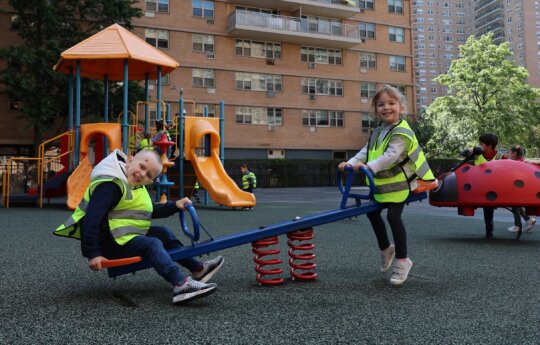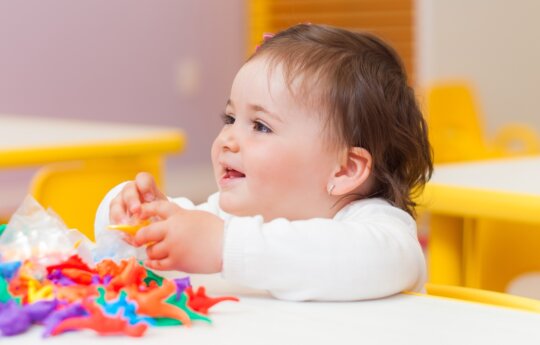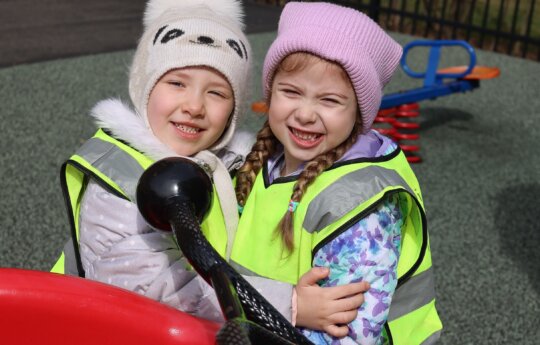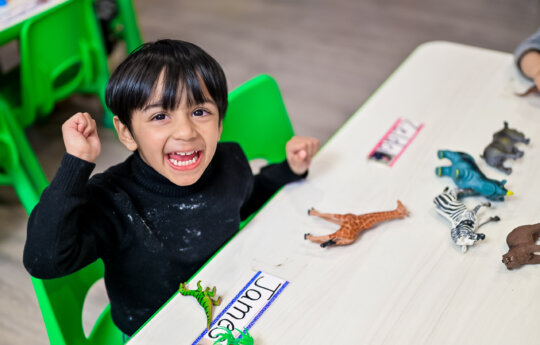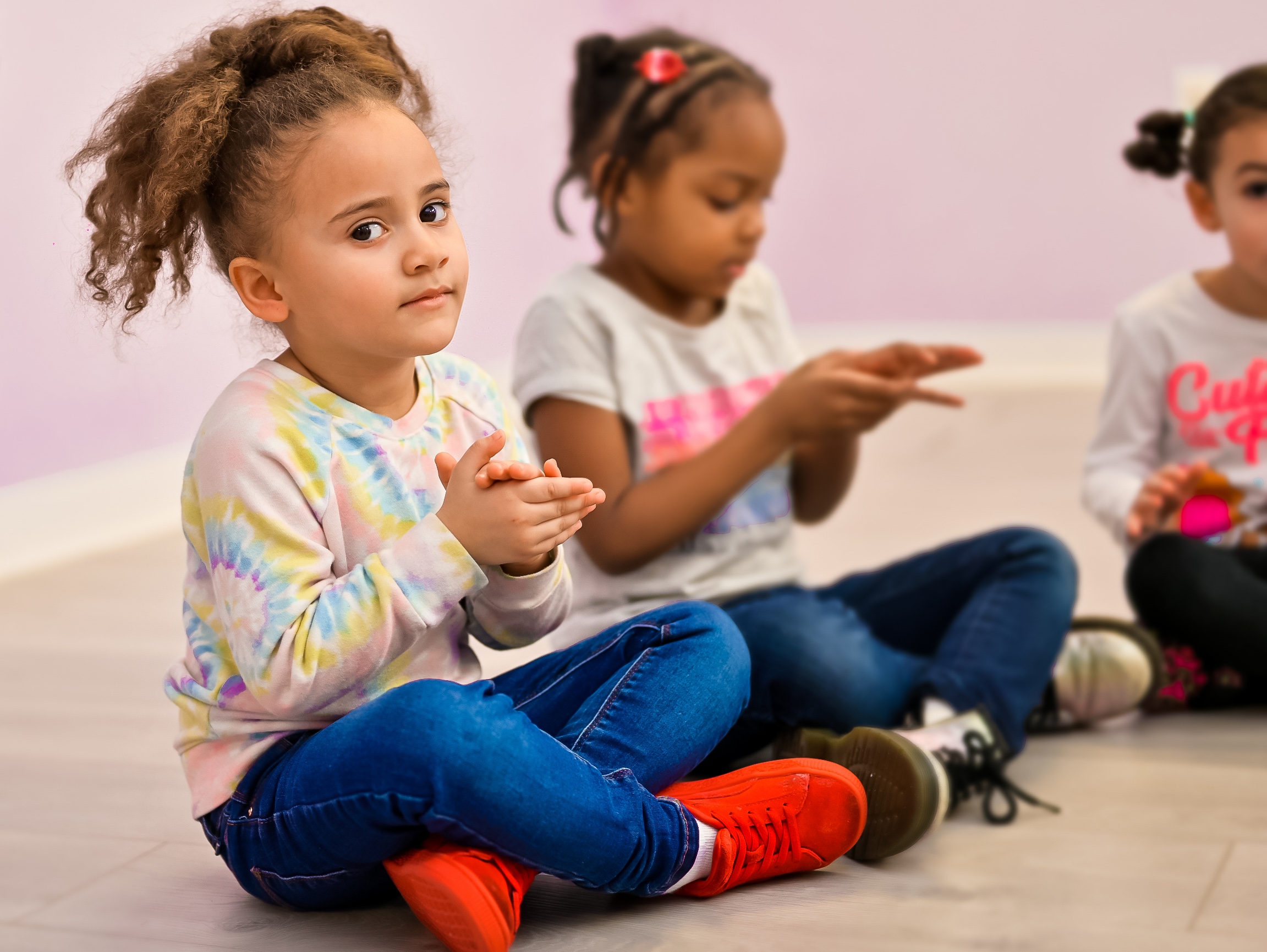
Even our youngest minds are not immune to the stresses and stimuli constantly surrounding them. At Little Scholars, we believe in the power of mindfulness for kids to not only manage this stress but also to lay the foundation for lifelong emotional intelligence and well-being. This article delves into simple yet effective mindfulness activities and relaxation techniques for preschoolers. Join us to explore how these practices can enrich your child’s early learning experience. For those looking to delve deeper into relaxation techniques tailored for younger children, explore our comprehensive guide on mindfulness for toddlers.
The Essence of Mindfulness for Preschoolers
Mindfulness, the art of being present in the moment, offers numerous benefits for children, including enhanced focus, better emotional regulation, and increased empathy. For preschoolers, mindfulness activities are tailored to be engaging and accessible, making use of their vivid imaginations and innate curiosity.
Simple Mindfulness Activities for Young Minds
- Breath Buddies: This activity transforms the abstract concept of breathing into a tangible and interactive experience for children. By lying down and placing a plush toy on their stomachs, preschoolers can visually connect with inhalation and exhalation. As they watch the toy rise and fall with each breath, they gain a deeper understanding and awareness of their breathing patterns. This not only aids in calming their mind but also serves as a foundational practice in mindfulness, teaching them to focus on and regulate their breath. It’s an engaging way to introduce the concept of mindfulness by making it relatable and fun, encouraging them to explore the rhythm of their breath and how it can influence their feelings and relaxation.
- Mindful Tasting: This activity invites preschoolers into a sensory exploration of eating. This activity encourages children to slow down and pay attention to the experience of tasting different foods. Children learn to appreciate the complexity and variety of tastes in their meals by describing the flavours, textures, and sensations they encounter. This enhances their eating experience and cultivates an attitude of gratitude and presence. Mindful tasting turns a daily routine into an exciting adventure, promoting healthier eating habits and a deeper connection to their food. It’s an effective way to teach mindfulness by tapping into children’s natural curiosity about the world around them, primarily through something as universal and enjoyable as food.
- Mindful Listening: This activity involves inviting children to close their eyes and focus on the various sounds they can hear for a moment. It could be the sound of their own breath, the rustling of leaves outside, or distant noises. Afterwards, they share what they heard. This practice sharpens their auditory senses and promotes a state of attentiveness to their environment.
- Nature Walks: Taking walks outside, where children are encouraged to observe and discuss what they see, smell, touch, and hear, cultivates a deep connection with nature and nurtures their ability to be present. They might marvel at the shape of clouds, tree bark texture, or flowers’ fragrance, enhancing their appreciation for the world’s beauty.
- The Feelings Game: In this activity, children are encouraged to identify and express their emotions by relating them to colours, weather, or animals. For example, they might say they feel “blue” when sad, “sunny” when happy, or “like a bear” when angry. This not only helps in recognising and naming their emotions but also in understanding that feelings are natural and manageable.
- Gratitude Moments: Encouraging children to think of one thing they’re grateful for each day can be a powerful practice. This can be done in a circle where each child shares something they appreciate, whether it’s a person, an experience, or something simple like a favourite toy. Cultivating gratitude from a young age fosters positive thinking and appreciation for the little things in life.
Incorporating Yoga and Mindfulness
Integrating yoga into mindfulness activities for preschoolers is a powerful tool that supports physical flexibility, emotional regulation, and mental clarity. Through simple, child-friendly yoga poses named after animals and elements of nature, children engage in physical exercise and learn valuable lessons in patience, self-awareness, and tranquillity. These poses, combined with breathing exercises, enhance children’s ability to focus, calm themselves, and approach their surroundings with a sense of curiosity and respect. Furthermore, yoga and mindfulness for preschoolers can be an opportune time to introduce concepts of gratitude and interconnectedness, reinforcing the mindfulness teachings of being present and empathetic. For a deeper dive into how yoga can enrich your child’s early wellness journey, incorporating mindfulness principles along the way, consider exploring our comprehensive guide on Yoga for Kids.
Mindfulness Through Art
Art offers a unique medium for expressing thoughts and emotions. Mindfulness art activities for preschoolers encourage preschoolers to immerse themselves in the creation process, focusing on painting or drawing without concern for the outcome. This promotes a state of flow and present-moment awareness.
- Color Feelings: Invite children to choose colors that represent their current emotions and use those colors to paint or draw. This activity helps them connect with and express their feelings in a tangible form, promoting emotional awareness and expression.
- Nature Mandalas: Collect natural materials during a walk, such as leaves, petals, and stones, and arrange them into a mandala pattern. This activity encourages concentration and appreciation for the beauty and diversity of nature, enhancing mindfulness of the environment.
- Clay Sculpting: Providing children with clay or playdough and allowing them freeform play or guiding them to create specific shapes can be very meditative. The tactile experience helps focus their attention on the sense of touch and the present moment, fostering a calm and centred state of mind.
- Mindful Collaging: Kids can create collages using pictures and words from magazines that resonate with them. Selecting and arranging materials can help children focus on the present, articulate their thoughts and feelings, and practice decision-making and self-expression.
The Power of Kids Meditation
Meditation for kids is simplified to include short guided imagery sessions or focusing on an object. These practices teach children to calm their minds and develop an early understanding of managing their thoughts and feelings.
- Story-Based Guided Imagery: Utilize engaging narratives that transport children to peaceful and imaginary landscapes. These stories can incorporate elements such as flying on the back of a gentle dragon or walking through a magical forest. As they visualise these journeys, children learn to focus their minds, relax their bodies, and navigate their emotions more effectively.
- Focus on Nature Sounds: Playing recordings of nature sounds, like rain falling, leaves rustling, or waves crashing, can be a form of sound meditation. Encourage children to listen closely to the different sounds, which helps to anchor their attention in the present moment and cultivate a sense of inner peace.
- Breathing Exercises with Visual Aids: Use simple visual aids, like blowing feathers across a table or bubbles into the air, to make the concept of breath-focused meditation tangible. These activities teach children to control their breathing, leading to better emotional regulation and calmness.
- Mindful Movement: Incorporate gentle yoga or stretching exercises that require focus, balance, and deep breathing. This form of active meditation helps children develop body awareness and learn how movement and mindfulness can work together to create a state of relaxation.
Building Blocks of Emotional Intelligence
Expanding upon the crucial role of mindfulness and relaxation techniques in children’s emotional intelligence development, it’s essential to understand how these practices lay a comprehensive foundation for their future interactions and self-awareness. Mindfulness and relaxation activities serve as more than mere tools for achieving temporary peace. They are integral in helping children learn to navigate their emotional landscape, fostering an environment where feelings are recognized, understood, and managed with compassion and insight.
Through consistent mindfulness practice, children become adept at noticing their emotions without immediate reaction, allowing them to choose how to respond to their feelings thoughtfully. This process is instrumental in developing self-regulation skills, a key component of emotional intelligence. It teaches children that emotions are natural and provides strategies for dealing with them in positive ways, whether it’s through deep breathing to manage anger or using guided imagery to overcome anxiety. Emotional intelligence fostered through mindfulness equips children with the resilience to face challenges and the empathy to build meaningful relationships.
Why Choose Little Scholars?
At Little Scholars, we integrate mindfulness and relaxation techniques into our curriculum, recognizing their immense value in early childhood development. Our programs are designed to nurture your child’s emotional and mental growth, preparing them for a balanced and mindful life.
Conclusion
Introducing mindfulness and relaxation techniques to preschoolers provides them with valuable tools for navigating their emotions and the world around them. By incorporating these practices into their daily routine, we can help foster resilient, empathetic, and mindful young individuals. We invite you to explore Little Scholars’ programs, where your child will embark on a journey of self-discovery and emotional learning that sets the foundation for a fulfilling life.
Related Insights
Understanding and Supporting Social-Emotional Development in Young Children

